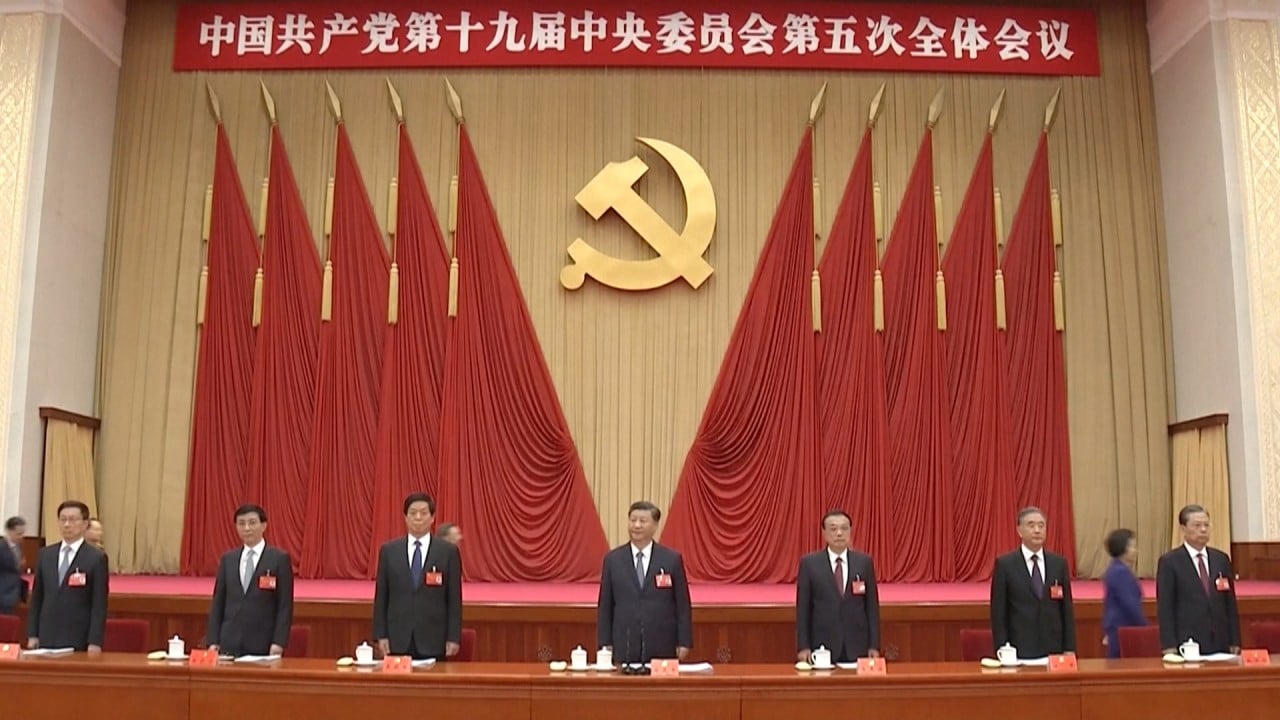
03:05
What happened at the Chinese Communist Party’s major policy meeting, the fifth plenum?

An overhaul of Hong Kong’s copyright regime is long overdue. The government began moves to reform the legislation in 2006.
Since then, there have been three rounds of consultation and two bills. But the legal amendments have still not been made.
A bill introduced in 2014 was shelved two years later after filibustering by opposition lawmakers left insufficient time. Concerns were raised by internet users that their online activities would be unduly restricted by the proposals.
Now, the copyright legislation is to be revived. The move has been triggered partly by Beijing’s support for Hong Kong to become a regional intellectual property trading centre, included in China’s 14th five-year plan in March.
To achieve that, the city urgently needs to bring its copyright laws into line with international developments. Hong Kong is a long way behind.
A new consultation based on the 2014 bill ends in February. But this is only the starting point.
The suggested measures are already seven years old and technology has moved on. A “technology neutral” approach is proposed, protecting works communicated through any type of electronic transmission.
This is to provide wide cover and avoid the need to amend the law incrementally to embrace each new technological advance.
One controversial issue has been the extent to which exemptions will allow fair use of works, especially by internet users. The proposal lists permitted exemptions, including for the education sector, libraries and museums.
It also exempts parody, satire, caricature and pastiche, commenting on current events and quoting. These have not been sufficient to ease concerns of users in the past, prompting calls for broader exemptions or the adoption of the non-exhaustive approach of the United States.
The government also recommends allowing contracts to override the provisions of the copyright law. And it does not believe it necessary to include specific provisions for illicit streaming devices or court injunctions.
Arguments for and against the key proposals are included in the consultation document. The political environment in Hong Kong today is very different to that at the time of the last attempt to pass this bill.
It is to be hoped that stakeholders will make the most of the opportunity to express their views during the consultation. The government has made its own position clear, but should listen carefully, keep an open mind and make adjustments where necessary.
The right balance must be struck between the interests of copyright owners and those who use their works so that a consensus can be reached. Then, at last, Hong Kong can start catching up with other parts of the world.